US, Israel made concessions to Lebanon due to fear of war: Amos Hochstein
The US mediator in the Lebanon-Israeli regime maritime borders demarcation deal has admitted that the reason for the concessions made by the United States and Israel in favor of Lebanon was the fear of war.
In an interview on Thursday, Amos Hochstein noted that “War was a real threat and that if it happened, all oil and gas fields and international trade in the Mediterranean Sea and most importantly the flow of energy resources between the [Persian] Gulf and Europe would be disrupted.”
Lebanon on Thursday formally signed a sea border deal with Israel that would demarcate its southern maritime border. The final paperwork was submitted to the United Nations in Naqura, South Lebanon, concluding a long path of indirect negotiations of 12 years with the Israeli regime.
On a related note, well-informed sources told al-Binaa newspaper that had it not been for the threat made by Hezbollah, which fortified the official Lebanese position, the Israeli regime would have started the extraction in Karish according to the plan and disregarded all understandings.
In an interview with Al-Hurra in mid-June, Hochstein said that Lebanon has to “stop thinking” about being right regarding the indirect maritime border talks. He claimed that Lebanon has “nothing,” in a clear message to Lebanese negotiators to accept the US-Israeli provisions.
However, a day ahead of Hochstein’s arrival in Lebanon, Lebanese President Michel Aoun underscored that it is out of the question to waive Lebanon’s rights to invest its gas and oil wealth, expressing firm rejection of Israeli threats.
On the same day, Speaker Nabih Berri met Hochstein and also affirmed Lebanon’s right to invest in its oil wealth, noting that this right is unanimously agreed upon by all the Lebanese.
Lebanon’s Hezbollah resistance group assured multiple times that the Arab country was the only negotiator and decision-maker in terms of the deal and that the role of the resistance is to support the Lebanese government’s decisions.
Earlier in June, Hezbollah Secretary General Seyed Hassan Nasrallah asserted that the movement is committed to defending Lebanon’s maritime wealth, warning that all options were on the table. On July 2, Hezbollah launched three drones toward Karish field, in a clear message to Tel Aviv about the group’s seriousness in dealing with the maritime issue.
Two weeks later, Nasrallah warned the Israeli regime it will be prevented from extracting gas and oil if Lebanon is not allowed to extract its own riches and issued his well-known “beyond Karish” equation.
“Write down the new equation: Karish, what’s beyond Karish and what’s beyond, beyond Karish, and we are following up on all fields, wells and platforms across Palestine,” he said, implying that no Israeli target is out of Hezbollah’s precision missiles reach.
On Thursday, following the signing of the maritime deal, Nasrallah described the deal as “a great victory to Lebanon,” adding that it is neither an international accord nor a Lebanese recognition of the Israeli apartheid regime.
Israeli media, for its part, said that the deal strengthens Hezbollah’s position on the domestic level, stressing that Hezbollah has once again proven that it can achieve its political and strategic goals in Lebanon and the region thanks to its military strength that cannot be weakened.
'Powerful strike': IRGC hits US destroyer with ballistic, strategic cruise missiles in Indian Ocean
IRGC: 16th wave of retaliation hit heart of occupied territories; enemy casualties stand at 680
We avenge the innocent until our last breath: Iran's parl. speaker
170 students, teachers martyred in ‘deliberate’ strikes on Iranian schools: Minister
Iran’s air defense systems down six advanced Hermes drones
US defenses overwhelmed by Iran’s drone and missile barrages: WSJ
IRGC says second US THAAD anti-missile unit destroyed
CNN journalists abducted by Israel while reporting on damage from Iranian strikes


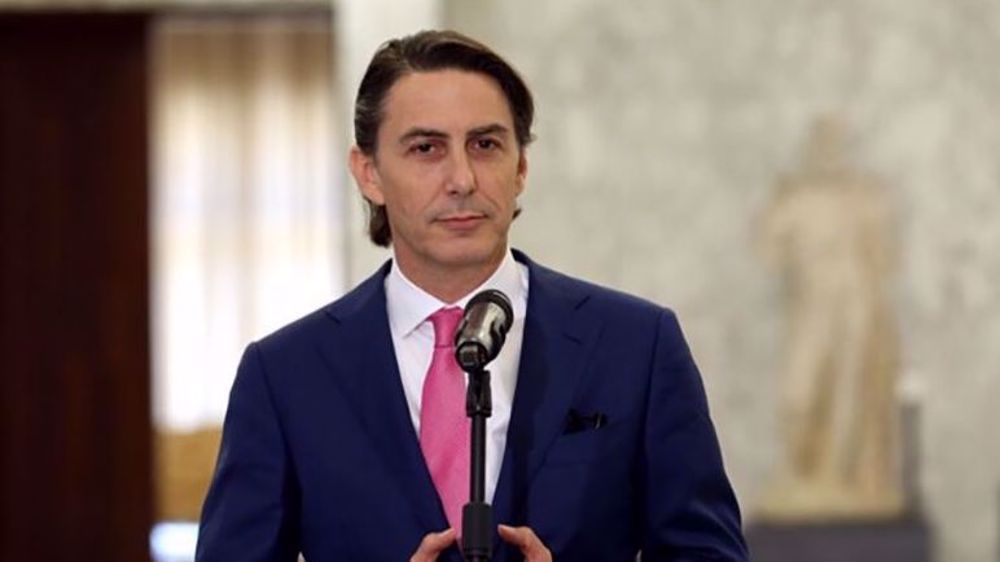
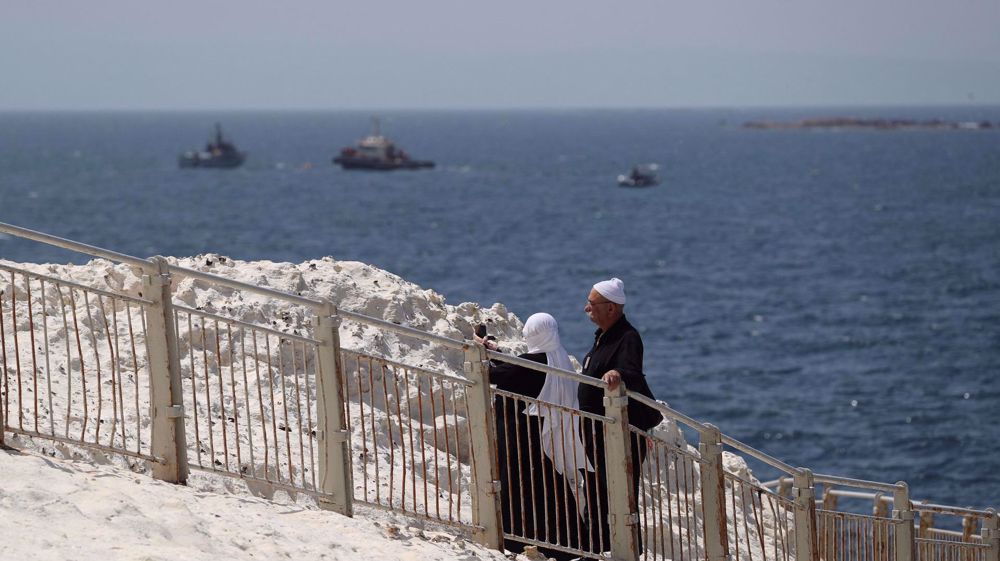

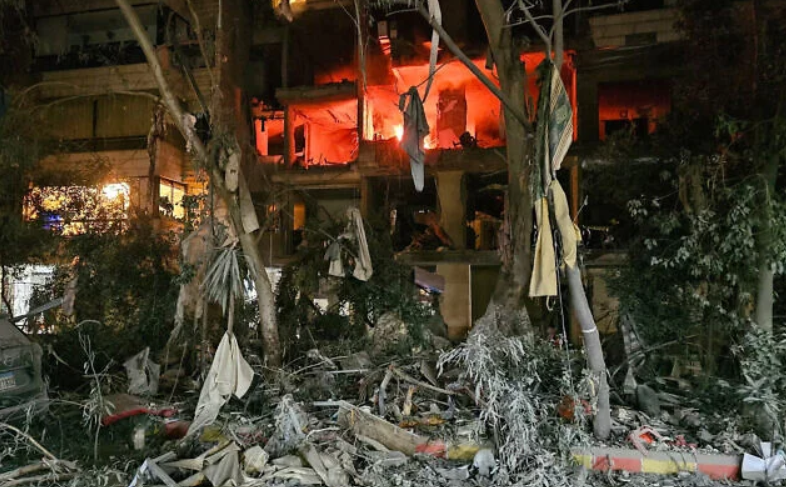
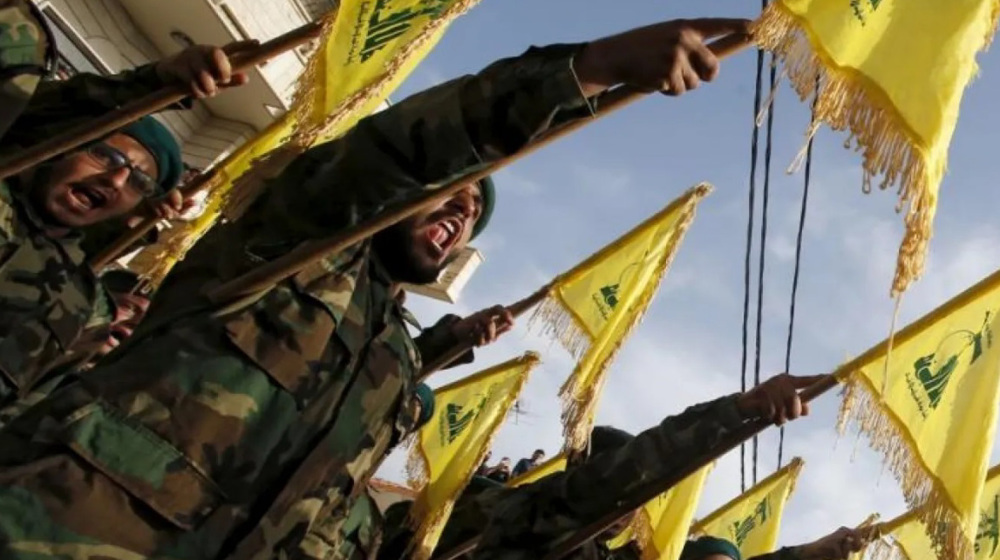



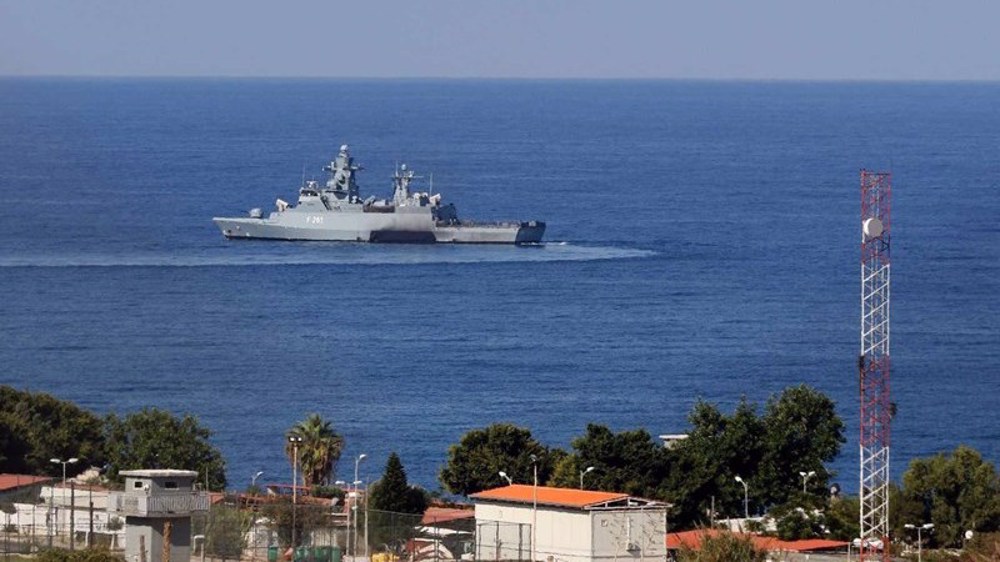
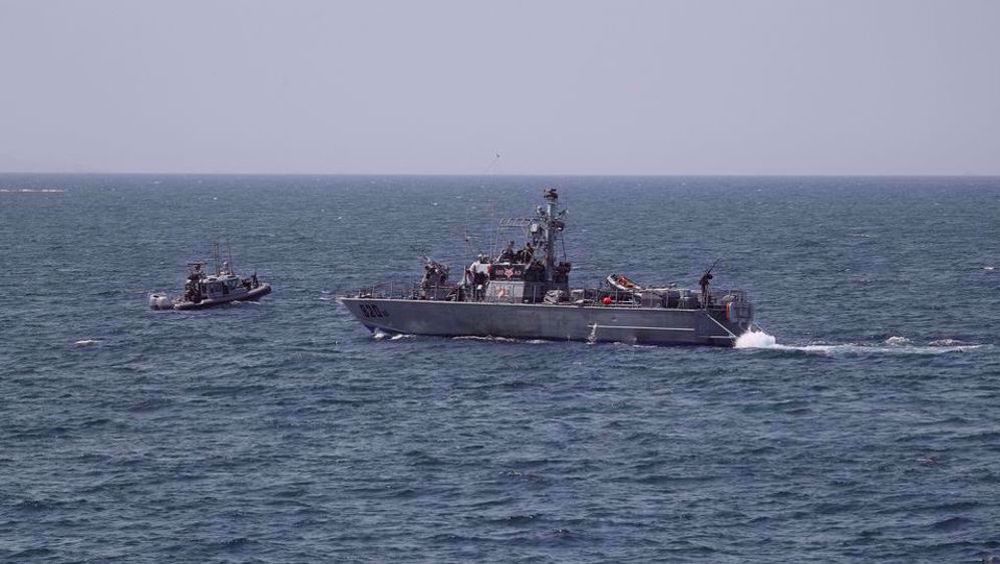
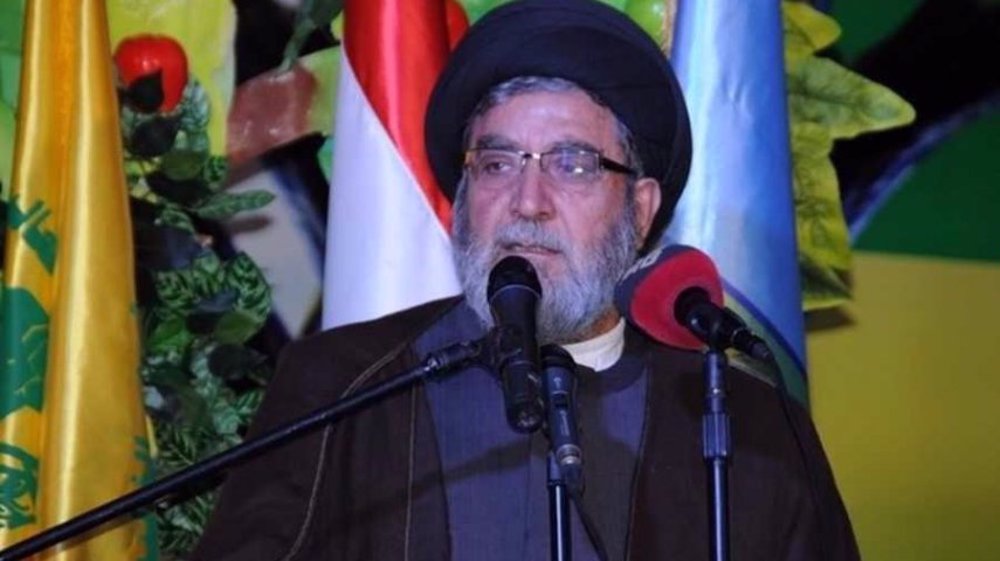
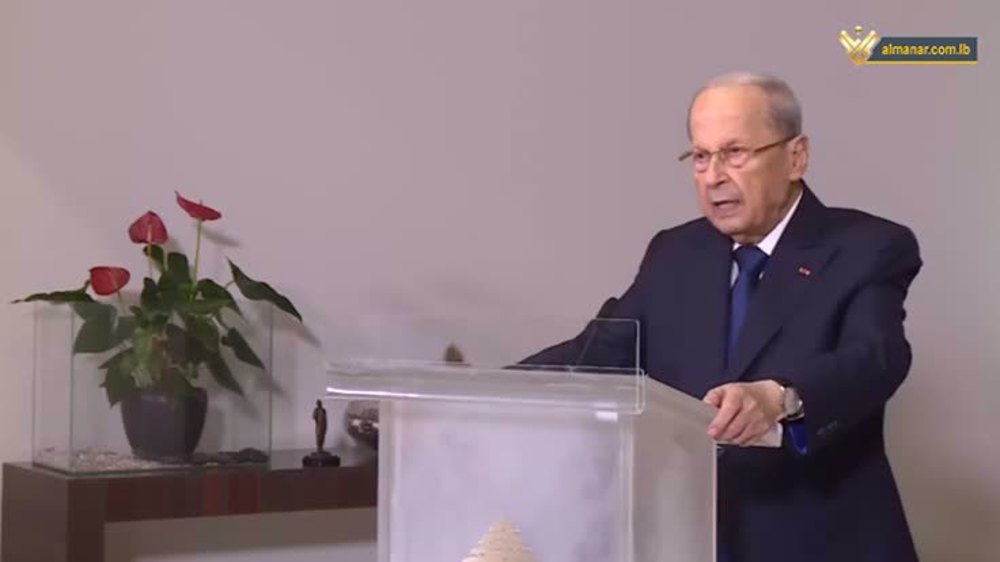

 This makes it easy to access the Press TV website
This makes it easy to access the Press TV website